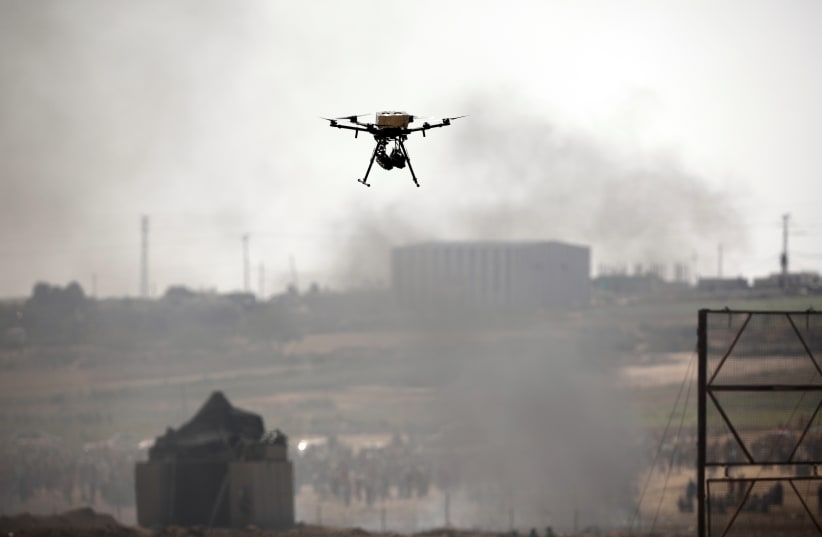Israel's Civil Aviation Authority in April approved a test flight for multiple drones controlled by a single operator simultaneously without the requirement to have a visual line of sight between operator and aircraft. The company behind the test flight, Simplex, has said that the success of the flight – in which they operated four drones of differing types simultaneously – paved the way for multiple uses, including drone deliveries, remote agriculture, and even the transfer of medical supplies such as medicine, blood tests, vaccines and blood products.
The company is now moving forward on licensing its technology for urban environments.
Meanwhile, Israel's Transportation Ministry has published two tenders to encourage further research in the field.
Simplex will be demonstrating the technology at the AUS&R 2020 Unmanned Systems and Robotics Conference and Exhibition on September 6 at Expo Tel Aviv. Now in its 9th year, the conference, hosted by iHLS (Israel’s Homeland Security), a start-up accelerator company specializing in the field of security, will focus on unmanned systems including aerial ones such as the drones, ground vehicles and surveillance systems.
"The COVID-19 pandemic has brought about a technological and conceptual quantum leap in the use of unmanned systems in the air and on the ground," iHLS said in an article on their website. It added that the companies taking part in the conference this year will "showcase a genuine breakthrough in a field that has been gaining more and more momentum in Israel and globally."
Ofer Haruvi, VP of business development at Simplex, and conference chairman, said that the coronavirus pandemic accelerated both the development of drone technology and its regulation.
Simplex's innovation has been to develop an airborne "mission computer," turning a standard drone into an automated robot able to fly from a defined location, travel within defined restrictions, and land autonomously. Restrictions include not flying over populated areas or population hot-spots, and mapping a journey to take advantage of highways or open areas. The technology also has military applications. Last week, Israel's Unit 9900 opened a new drone division. The unit is responsible for gathering visual intelligence as well as mapping the data for troops in the battlefield and for decision-makers. “The unit will be a significant multiplier of 9900’s ability to provide geo-visual intelligence," the IDF told The Jerusalem Post.
Shay Levy, CEO of Simplex Interactive, said: “The technology that we have demonstrated is a genuine breakthrough in drone flights in Israel. The authorization granted by the Civil Aviation Authority will enable us to carry out field testing and prove that it is possible to use drones in the urban setting for various missions in an efficient and safe manner.”
